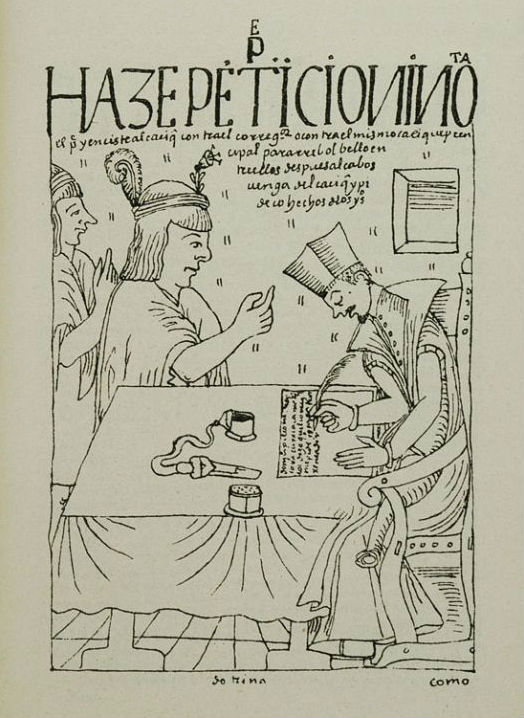 Programming Historian launches its Spanish site.
Programming Historian launches its Spanish site.
We are very excited to introduce The Programming Historian en español! The Programming Historian offers novice-friendly, peer-reviewed tutorials that help humanists learn a wide range of digital tools, techniques, and workflows to facilitate their research.
Starting today, the website of The Programming Historian en español will be available in the following link: http://programminghistorian.org/es We launch the site with complete translations of the Python tutorial series. Python is a high level programming language which can be used to write programs to manipulate text files, download web pages, reorganize its contents into useful chunks of information for analysis, and count word frequencies.
In the following months we will continue to translate and publish the more than fifty tutorials that are already available in the English PH site. Among them, there are tutorials for learning how to make Omeka exhibits, create network visualizations and edit plain text using Markdown. We will also have translations of tutorials on visualization of historical data using Geographic Information Systems, data mining and data set analysis using R programming language, among many others.
The translation of the tutorials into Spanish is possible through the efforts of volunteers who support the larger objective of promoting the digital humanities in Latin America and Spain, as well as the creation of a network of collaborators. For this reason, we want to invite the Spanish-speaking community in the humanities and the social sciences to join this effort. In our contributions page, Contribuciones you can find more information about how to participate in the translation, review or creation of new tutorials. For now, we invite you to explore the website and begin to learn about the possibilities of using programming languages such as Python to support your research process.
About the author
Maria José Afanador-Llach is an associate professor of Digital Humanities at the School of Arts and Humanities at the Universidad de los Andes, Bogotá (Colombia).
